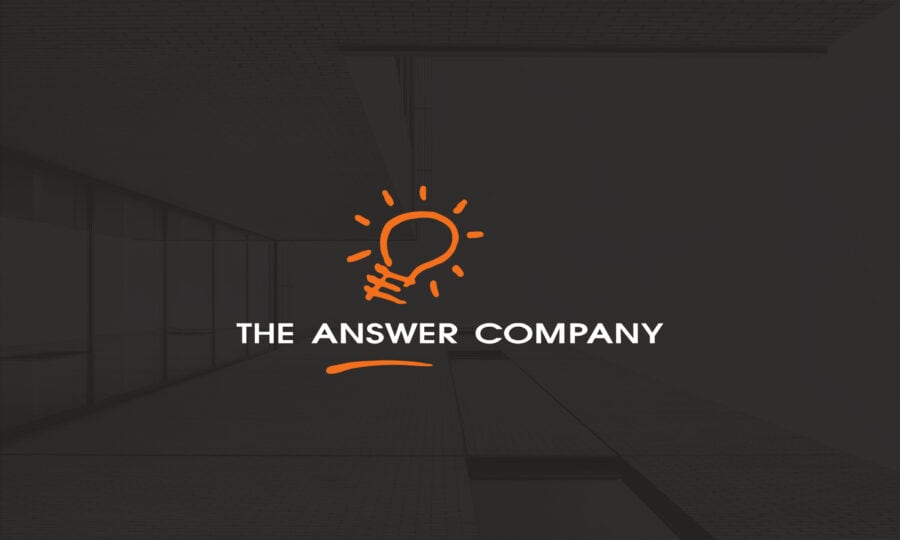Misconceptions about Cloud for Business
Over the last few years, ‘The Cloud’ has built steady momentum as a topic at the forefront of people’s minds, but an overwhelming majority still don’t fully understand what the cloud actually is. For most, simply means all of your valued information (photos, contacts, documents etc.) is stored somewhere safe other than your computer or phone, and you can access it online when you need it. While that is true, that mostly benefits the general public and businesses understandably seek a better understanding of cloud before being willing to take the plunge and place their business on it.
With each year, more business management software solutions, such as ERP, HR and CRM shift to the cloud and while your IT department may be up to speed on the options, there still isn’t a widespread understanding of what the cloud means in respect to business relations & the software available. As a result, there are common misconceptions about what the cloud is, and both the risks and rewards of using it.
Common Misconceptions about the Cloud
Despite the strong framework behind cloud-based technology, some businesses still hesitate to explore how they could benefit from the cloud. While security is a commonly listed concern, the majority of hesitation often stems from a lack of understanding about the options available. Some of the most common misconceptions include:
Misconception #1 – “The Cloud is one thing, there are no variations of it”
Actually, there are multiple types of cloud: private (aka proprietary), public, and white label.
The private cloud either resides on your company’s intranet or is hosted on a third party server that’s protected behind a firewall, only allowing access to your private network. With public cloud, your data is stored in your vendor company’s data center, alongside (but separate from) other companies.
Alternatively, white label is sometimes used to describe two very different forms of cloud. One form is where a software vendor uses a third party public cloud, such as Amazon Web Services, instead of their own data centre to provide their solution on the cloud. The other kind of white label is where a reseller will use a public cloud to host an instance of software, and this can have some serious risks. There’s a lot to know about cloud variations and which one is the best fit for what your company needs, so we’ll cover that extensively in our next blog.
Misconception #2 – “Cloud costs more over time.”
This is entirely dependent on the situation. Since cloud ERPs are generally subscription based, businesses are relieved from large up-front costs during implementation, which are replaced by low monthly costs. Also, while it is true that cloud could cost most over time, it brings a multitude of added benefits that generally outweigh the cost difference. For example, cloud offers expanded functionality such as mobile accessibility and access to real-time data.
Misconception #3 – “My data is less safe in the cloud.”
Using the cloud doesn’t mean having a less secure system. Whether you choose private, hybrid, or public cloud, all are incredibly secure. Even though you have more control over where your data is stored in a private cloud, in a public cloud all of your data is still kept separate from others and security breaches are rare. In fact, with your business data stored in the cloud you actually have an additional level of security against disasters that can damage or destroy your data. Whether it’s ransomware that holds your data hostage or a flood that destroys your servers, having your data backed up in the cloud can help keep it safe and get your business up & running faster.
Misconception #4 – “How do I know who has access to my information in the cloud.”
Privacy is also an ongoing concern, especially after the recent changes to US Privacy Rights and how that affects the privacy of data from Canadian businesses. You can take extra precautions to ensure that your data is protected by choosing a hosting company that will host your data in Canada, and working with a Managed Service Provider (MSP) that can help you manage your system and keep your data safeguarded.
Misconception #5 – “Cloud won’t integrate with my other systems.”
If integration is important to you, you can work with you partner to construct a cloud ERP that is uniquely suited to your needs and requirements, integrating where you need it to. For example, all of the Sage ERP and complementary solutions have been built to integrate with each other, regardless of whether or not they are cloud.
Misconception #6 – “I’ll have to fire my IT staff, and I like them.”
Depending on the type of cloud you choose, your IT staff may still play a very large and important role in the maintenance of your cloud ERP. Even if they don’t, many businesses still benefit from keeping an IT team to help improve other areas such as network and computer management.
The Cloud is Everywhere and it’s Here to Stay
Using the cloud will allow you to quickly and easily scale your processes and workflows to meet new demands and growth, along with benefiting from access to your data wherever you are. Ultimately, the cloud is your door to maximizing your efficiency.
